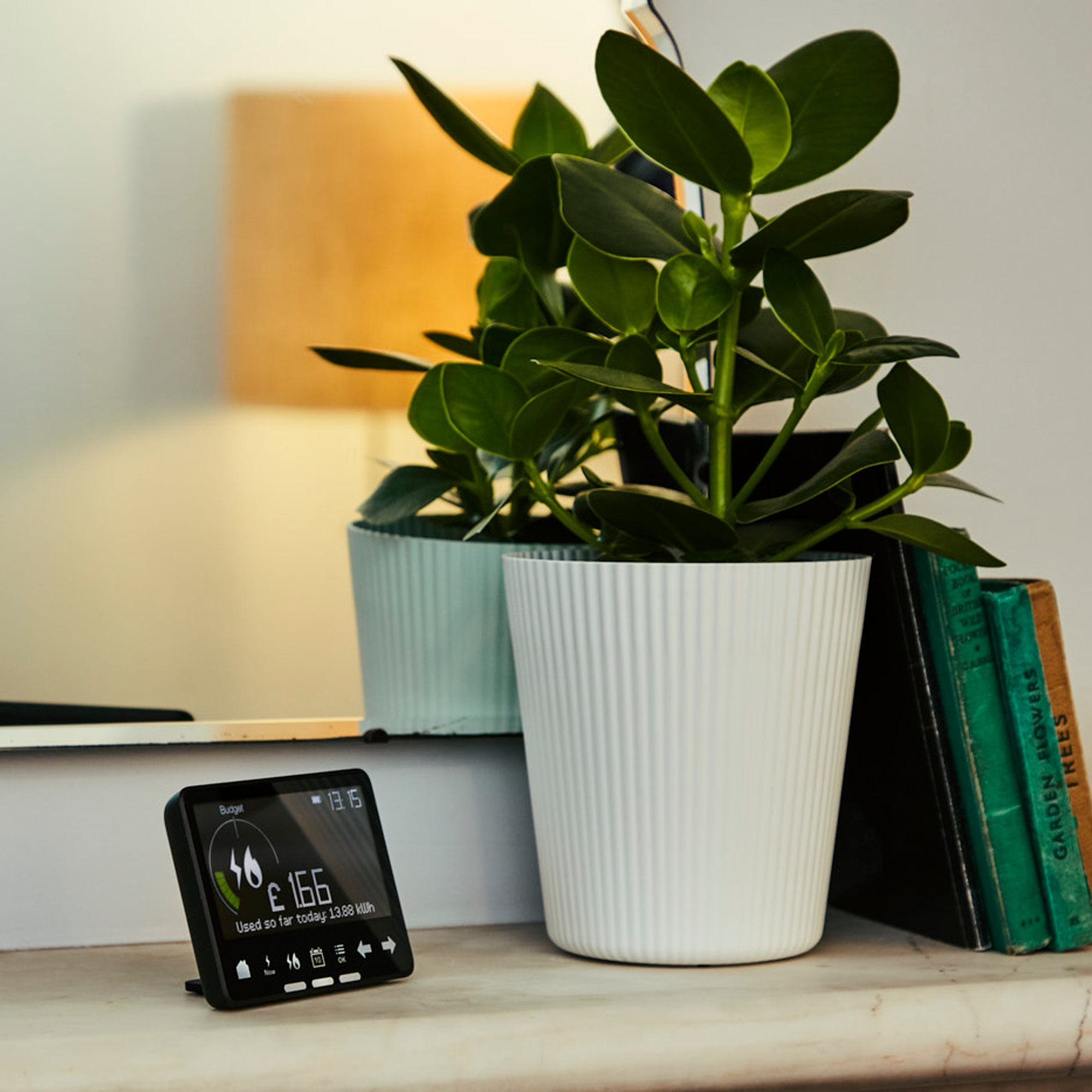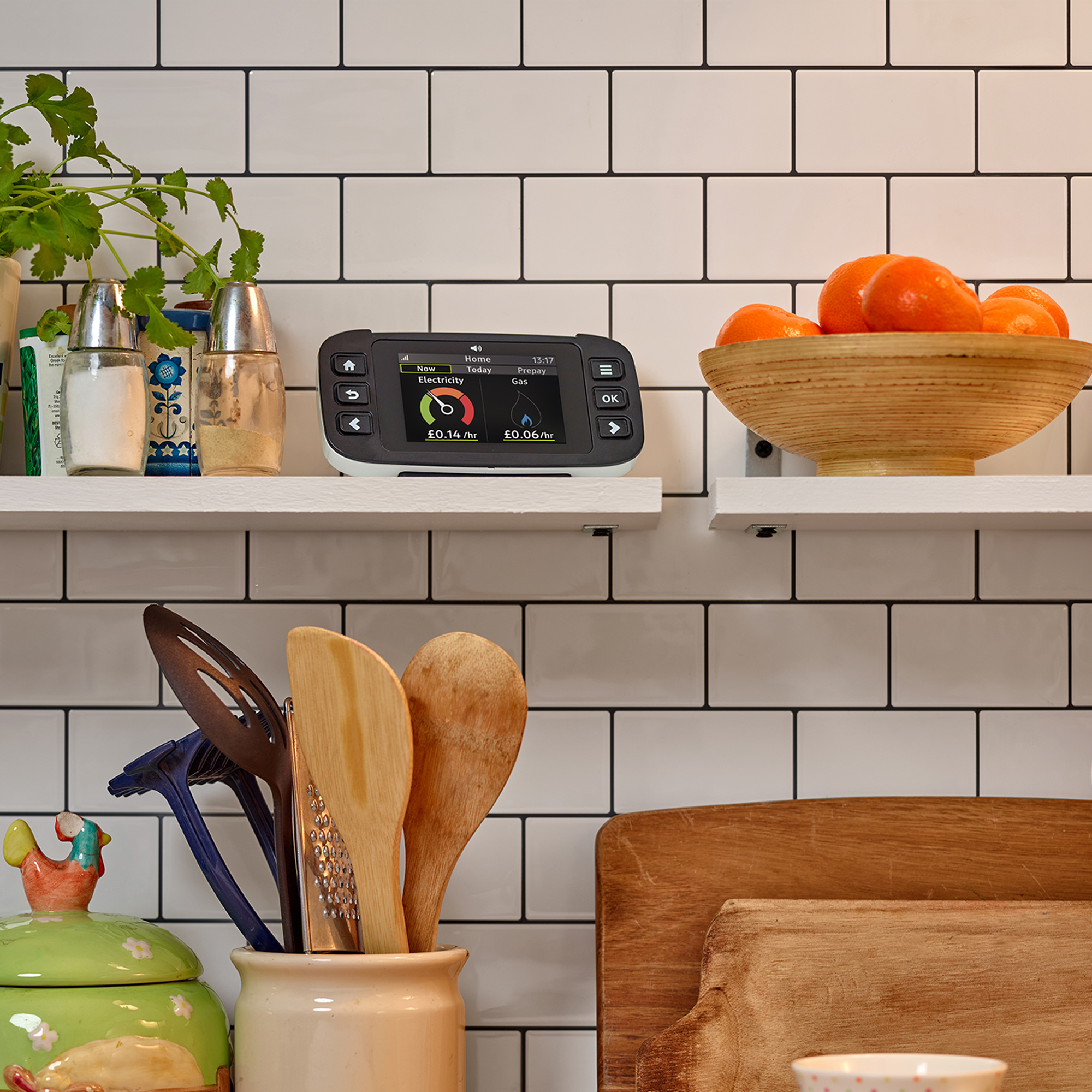National Grid's money-off energy scheme is back this winter – here's what you need to know
Your household could be eligible for money off your electricity bill


This year, The National Grid is bringing back its off-peak money-off energy scheme called the Demand Flexibility Service (DFS). Certain suppliers will give households discounts on their electricity bills if they cut energy usage during peak times.
Up to a million households nationwide will have the opportunity to be paid to use less electricity this winter as part of the National Grid's money-off energy scheme to avoid blackouts this winter.
Those who have signed up will get money off their energy bills if they delay using high-consumption appliances during this time. Participants will also be incentivised in the form of pounds, points or prizes. The scheme launched again on October 30th and will run until March 2024.

As well as helping people save energy at home as well as money, the scheme was originally developed as a part of National Grid's efforts to avoid blackouts last winter, which they've previously described would only occur as a 'worse-case scenario' if electricity supplies were impacted.
National Grid has reported that a typical household could save approximately £100 this winter by simply reducing their power consumption between the peak hours of 4pm to 7pm from now until March 2024.

In order to participate in the scheme, all you need is a smart meter. You should also ensure that your energy supplier offers the service, as the scheme will be managed by each respective household's supplier with its own eligibility criteria to meet.
If you tick those boxes but haven't already yet opted into the scheme, we suggest you do so soon so you can start cutting costs on your energy bills as soon as possible.
Get the Ideal Home Newsletter
Sign up to our newsletter for style and decor inspiration, house makeovers, project advice and more.
For an extra bolster of assurance, recent research regarding household engagement with the DFS scheme in 2022/2023 undertaken by the Centre for Sustainable Energy on behalf of National Grid found that 89% of respondents were satisfied with their experience. 83% even said they would participate again.

FAQs
What is the Demand Flexibility Service?
The Demand Flexibility Service (DFS) is a returning service that will help National Grid avoid using its emergency services if electricity supplies are impacted this winter. They are expected to run a maximum of 12 demonstration tests with each electricity supplier and aggregator between the months of November 2023 and March 2024.
How can I take part in the DFS scheme?
All you need in order to take part in the scheme is a participating supplier and a smart meter. National Grid has listed all the participating providers on the ESO website.
Once you've signed up to take part in the scheme, your electricity provider will contact you before a demonstration test or live event and will ask if you want to participate in the following day's event with at least 24 hours' notice.
If you sign up to DFS you will need to authorise your provider to access your smart meter so they can read your data every half-hour for the duration of the service.
What happens during DFS events?
If you've decided to participate in the demonstration event or live event, all you will be expected to do during the time period is to reduce your electricity usage. Your energy supplier will confirm how much you'll be asked to reduce your usage.
No, you will not be asked to sit in the dark and do nothing – however, National Grid suggests rethinking the usage of 'power-hungry appliances such as washing machines, clothes dryers, dishwashers, electric showers and immersion heaters' during this time period. This could be a good time for you to whip out your best energy-saving products.
How long will DFS events last?
DFS demonstration tests are expected to last for one hour and will be run during weekdays, likely during the evenings, however, your energy supplier will relay the specific details of these events to you.
The scheme will run from 30th October 2023 to March 2023.
How much could I save by participating in the scheme?
National Grid says, 'These demonstration tests will have a guaranteed minimum price of £3KWh, meaning that a typical household could save approximately £100 across the maximum 12 demonstration tests.'
National Grid has already confirmed that it will pay out at least £3 for every kilowatt-hour it saves during 6 of the 12 tests from January 2024.
Exactly how much you save will all be down to your respective energy supplier, so make sure you're keeping an eye out when they wish to contact you.
What happens if I sign up to an event and do not reduce my energy consumption?
If you've signed up for a DFS event but for any reason are unable to participate when the time comes, you will simply pay for your energy usage as usual – there are no further implications.
There are no penalties for not participating in an event, however, you will not be eligible to receive incentives on those days.

Commenting on the return of the Demand Flexibility Service, Jake Rigg, corporate affairs director at ESO says, 'The ESO will be reintroducing the Demand Flexibility Service for this winter and is keen for more consumers, both large and small, to get involved.'
'Across last winter the Demand Flexibility Service successfully demonstrated the interest of consumers and businesses in playing a more active role in balancing our electricity needs and to be rewarded with savings for their action in the process.'

Jullia was Ideal Home’s Junior Writer from 2022-2024 and the Ideal Home Certified Expert in Training on Vacuums having spent over 60 hours testing different models. She’s always loved all things homes and interiors, graduating with a bachelor’s degree in Architectural Studies from the University of Nottingham where her love for writing blossomed following her internship at ArchDaily. Now focused on home tech and cleaning, Jullia works on writing features and explainers to help people make the most of their home appliance investments, putting the newest launches through their paces. When she isn’t writing, she loves exploring the city, coffee shop hopping, and losing hours to a cosy game or book.
-
 Will a conservatory add value to your home and how can you maximise it?
Will a conservatory add value to your home and how can you maximise it?This is what the pros say
By Amy Reeves
-
 I’ve been looking for a new signature scent for my home and The White Company's new fragrance is the exact summer holiday smell I needed
I’ve been looking for a new signature scent for my home and The White Company's new fragrance is the exact summer holiday smell I neededSantorini smells fresh, summery and sophisticated
By Kezia Reynolds
-
 How to remove algae from garden walls in five steps – and the cleaning product experts rave about for tackling it fast
How to remove algae from garden walls in five steps – and the cleaning product experts rave about for tackling it fastExperts share their top tips for getting garden walls algae-free
By Katie Sims